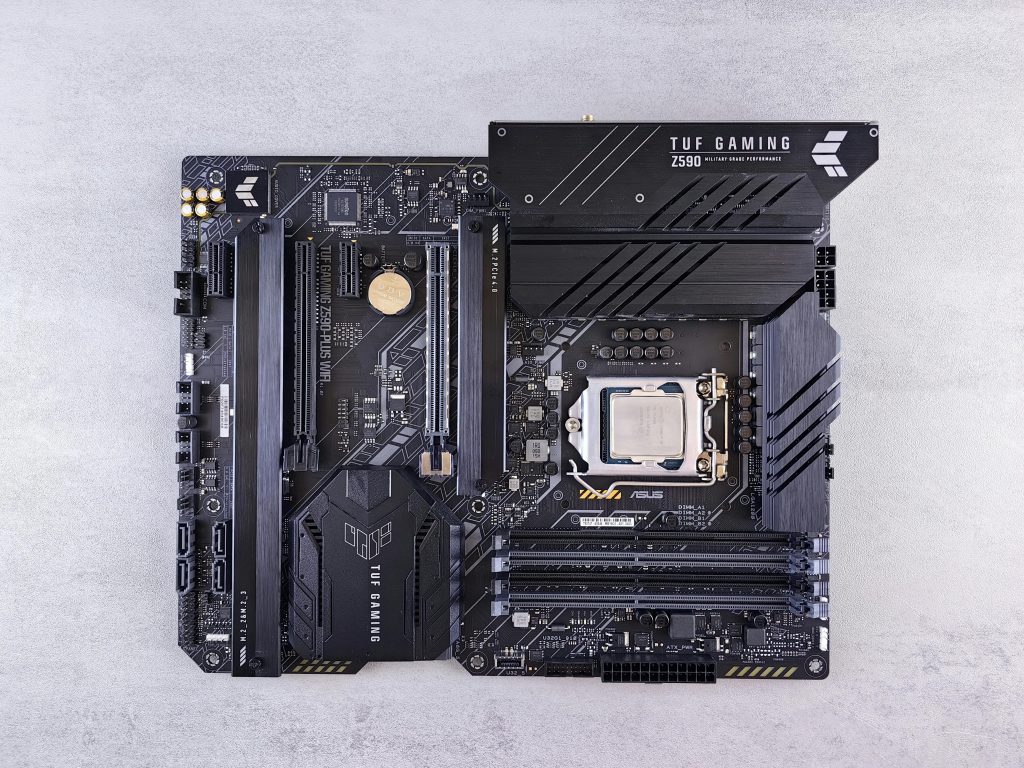Understanding Persistent Startup Messages and Performance Issues on Your New Gaming Laptop
Many users encounter unexpected behaviors when setting up or using a new laptop, particularly those related to startup notifications and system performance. Recently, a new gaming laptop owner reported a recurring window appearing each time they power on their device, prompting questions about its origin and implications.
The User’s Experience
The user, who purchased a gaming laptop 15 days ago, observes that upon every startup, a window pops up displaying a command-like message, specifically: setup > mcreboot. Additionally, this window lists four deleted files with modification dates set to 2024. The user is concerned about what this message and the listed files mean and has noticed that their laptop experiences slow performance whenever this window appears.
Potential Causes and Considerations
- System Recovery or Boot Configuration Files
-
The appearance of setup-related commands such as
setup > mcrebootcould indicate that the system is attempting to initiate a recovery process or has retained remnants of a system setup phase. This might occur if the operating system detected incomplete installation steps or residual recovery scripts. -
Corrupted or Residual Files
-
The mention of deleted files with future dates could point to system logs or temporary files that might have been corrupted or improperly removed during initial setup or updates. These files might be remnants of manufacturer recovery partitions or pre-installed software.
-
Malware or Unwanted Software
-
Although less common on new, factory-fresh devices, persistent startup messages could also be a sign of malware or unwanted software. It’s important to verify system integrity.
-
Hardware or Firmware Issues
- In some cases, firmware irregularities or BIOS/UEFI configurations can cause unusual startup behaviors, especially on gaming laptops optimized for high performance.
Recommended Steps for Resolution
- Run System Diagnostics
-
Utilize built-in diagnostic tools to check hardware health and ensure all components function correctly.
-
Check for System Updates
-
Ensure your operating system and firmware are up to date, as manufacturers often release patches that resolve startup issues.
-
Perform a Clean Boot
-
Boot the system with minimal startup programs to identify if specific software is causing delays or issues.
-
Scan for Malware
-
Run a comprehensive antivirus scan to rule out malicious activity.
-
Review Startup Files and Entries
- Use system tools or third-party utilities to examine startup entries and ensure no unwanted scripts are executing.
–
Share this content:



